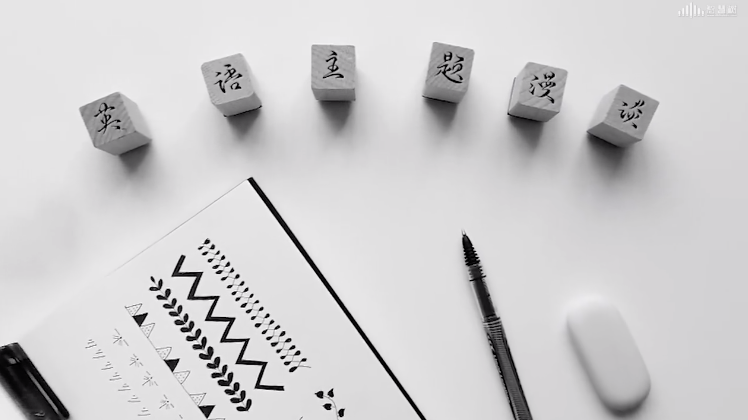第十一章单元测试
Interest in pursuing international careers has soared in recent years, enhanced by chronic (长久的) personnel shortages that are causing companies to search beyond their home borders for talent.
Professionals seek career experience outside of their home countries for a variety of reasons. They may feel the need to recharge their batteries with a new challenge. They may want a position with more responsibility that encourages creativity and initiative. Or they may wish to expose their children to another culture, and the opportunity to learn a second language.
When applying for a job, one usually has to submit a résumé or curriculum vitae (CV). The two terms generally mean the same thing: a one- or two-page document describing one’s educational qualifications and professional experience. However, guidelines for preparing a résumé are constantly changing. The best advice is to find out what is appropriate regarding the corporate (公司) culture, the country culture, and the culture of the person making the hiring decision. The challenge will be to embrace two or more cultures in one document. The following list is a good place to start.
Educational requirements differ from country to country. In almost every case of “cross-border” job hunting, just stating the title of your degree will not be an adequate description. Provide the reader with details about your studies and any related experience.
Pay attention to the résumé format you use—chronological or reverse-chronological order. Chronological order means listing your “oldest” work experience first. Reverse-chronological order means listing your current or most recent experience first. Most countries have preferences about which format is most acceptable. If you find no specific guidelines, the general preference is for the reverse-chronological format.
If you are submitting your résumé in English, find out if the recipient (收件人) uses British English or American English because there are variations between the two versions. For example, university education is often referred to as “tertiary education” in the United Kingdom, but this term is almost never used in the United States. A reader who is unfamiliar with these variations may assume that your résumé contains errors.
Psychiatrists (精神病专家) who work with older parents say that maturity can be an asset (财富) in child rearing—older parents are more thoughtful, use less physical discipline and spend more time with their children. But raising kids takes money and energy. Many older parents find themselves balancing their limited financial resources, declining energy and failing health against the growing demands of an active child. Dying and leaving young children is probably the older parents’ biggest, and often unspoken, fear. Having late-life children, says an economics professor, often means parents, particularly fathers, “end up retiring much later.” For many, retirement becomes an unobtainable dream.
Henry Metcalf, a 54-year-old journalist, knows it takes money to raise kids. But he’s also worried that his energy will give out first. Sure, he can still ride bikes with his athletic fifth grader, but he’s learned that young at heart doesn’t mean young. Lately he’s been taking afternoon naps (午睡) to keep up his energy. “My body is aging,” says Metcalf. “You can’t get away from that.”
Often, older parents hear the ticking of another kind of biological clock. Therapists who work with middle-aged and older parents say fears about aging are nothing to laugh at. “They worry they’ll be mistaken for grandparents, or that they’ll need help getting up out of those little chairs in nursery school,” says Joann Galst, a New York psychologist. But at the core of those little fears there is often a much bigger one: “that they won’t be alive long enough to support and protect their child,” she says.
Many late-life parents, though, say their children came at just the right time. After marrying late and undergoing years of fertility (受孕) treatment, Marilyn Nolen and her husband, Randy, had twins. “We both wanted children,” says Marilyn, who was 55 when she gave birth. The twins have given the couple what they desired for years, “a sense of family.” Kids of older dads are often smarter, happier and more sociable because their fathers are more involved in their lives. “The dads are older, more mature,” says Dr. Silber, “and more ready to focus on parenting.”
答案:0

